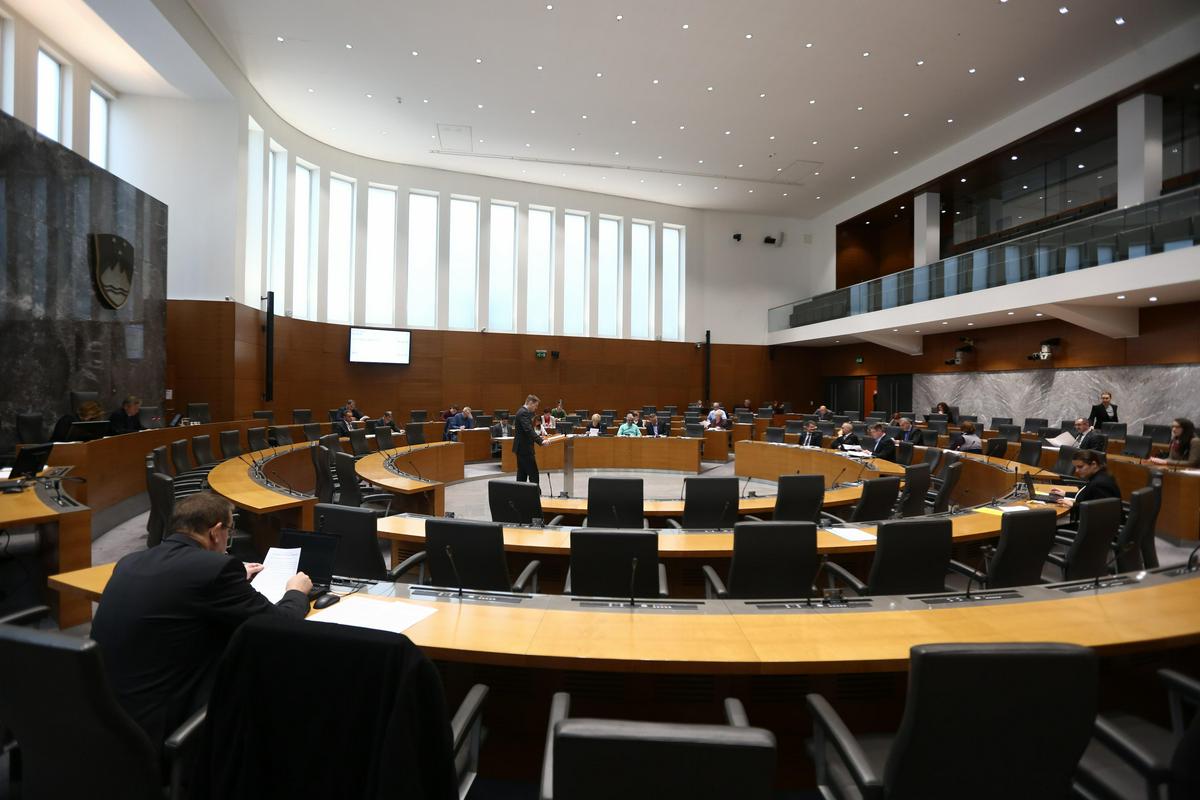
There will be no plenary session in April, and all emergency issues will be discussed at emergency sessions.
The first of these emergency sessions is scheduled for Tuesday, when the National Assembly will be notified of the President's decision not to appoint an incoming Prime Minister after Miro Cerar resigned as Prime Minister last week.
Even though the National Assembly can exercise all its powers until a new government is sworn in, there will be no plenary sessions before the next parliamentary election. New bills will be discussed at emergency sessions. On Monday, the parliamentary Constitutional Commission is to debate a proposal to amend the constitutional law.
After the Tuesday emergency session, a 14-day period will start in which a group of deputies can put forward a new incoming Prime Minister. If no candidate is put forward, President Pahor can dissolve Parliament and call a snap election. Under this scenario, a snap parliamentary election could be held on May 27.
If, on the other hand, a new incoming Prime Minister is appointed, Pahor has to call a general election. However, such a scenario is nigh impossible.

































































